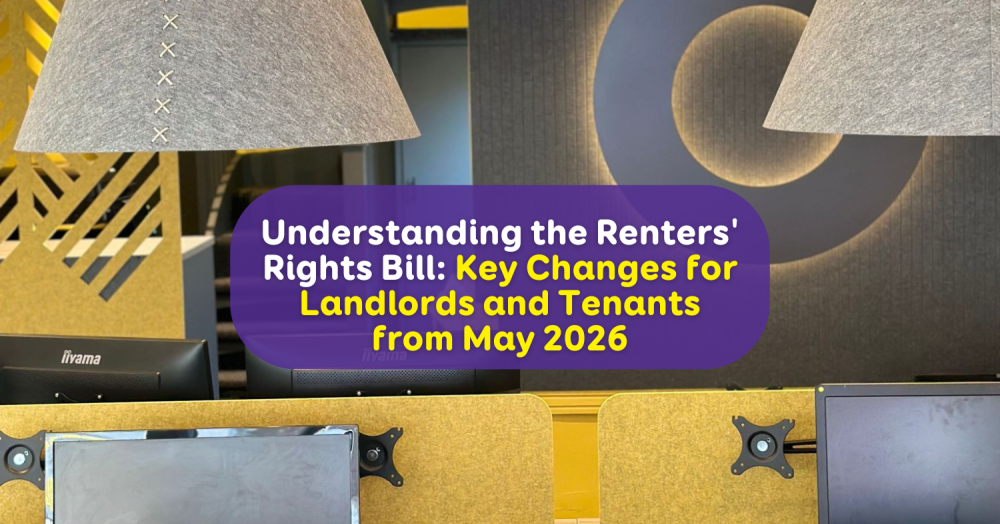
Understanding the Renters' Rights Bill: Key Changes for Landlords and Tenants from May 2026
The Renters' Rights Bill is set to revolutionise the private rental sector in the UK. This pivotal legislation aims to create a fairer, more secure housing market for both landlords and tenants. Let's delve into what these changes mean.
Renters’ Rights Bill: What Landlords Need to Know (For Now)
The Renters’ Rights Bill is set to start coming into force from May 2026, and it marks the biggest shift in lettings legislation for decades. Rather than overwhelm you with every detail at once, here’s a straightforward overview of the key changes you need to be aware of at this stage.
We’ll be producing more short articles over the coming months to break down each topic properly and help landlords prepare.
Section 21 Will Be Abolished
The headline change is that Section 21 ‘no-fault’ evictions will be removed. This means landlords will no longer be able to end a tenancy without giving a valid, legally defined reason. Going forward, ending a tenancy will have to be done through the updated Section 8 grounds.
Stronger Section 8 Grounds
To balance the removal of Section 21, the grounds under Section 8 will be strengthened. Landlords will still be able to regain possession for reasons such as wanting to sell, wanting to move in themselves or a close family member, or in cases of rent arrears or anti-social behaviour.
A New Property Portal and Ombudsman
All landlords will need to register their properties on a new national Property Portal. An Ombudsman service will also become mandatory, providing a simpler and more transparent way to resolve disputes.
Pets in Rentals
Tenants will have a right to request a pet. Landlords won’t be able to refuse unreasonably, but they can ask the tenant to take out pet insurance to cover any damage.
Rent Increases
Rent increases can only happen once a year, with two months’ notice. Tenants will have the right to challenge any increase they believe is unfair.
When Does This All Start?
The new tenancy system is due to apply from 1 May 2026. Existing tenancies will convert automatically, and any new tenancy from this date onwards will follow the new rules. More detailed guidance and template agreements will be released by the Government closer to the time.
What Does This Means For You As A Landlord?
This is a major shift in how the private rented sector works, so landlords will need to stay informed and prepared. The key for now is awareness. Over the coming months, we’ll publish simple, focused articles on each part of the Bill to help you understand what you need to do and when.
If you’re a landlord looking for advice, now is the time to get in touch with our teams in Brighton, Lewes and Shoreham.
We work with landlords who have a single property right through to those with larger portfolios, and we’re here to help you understand what these changes mean for you.

